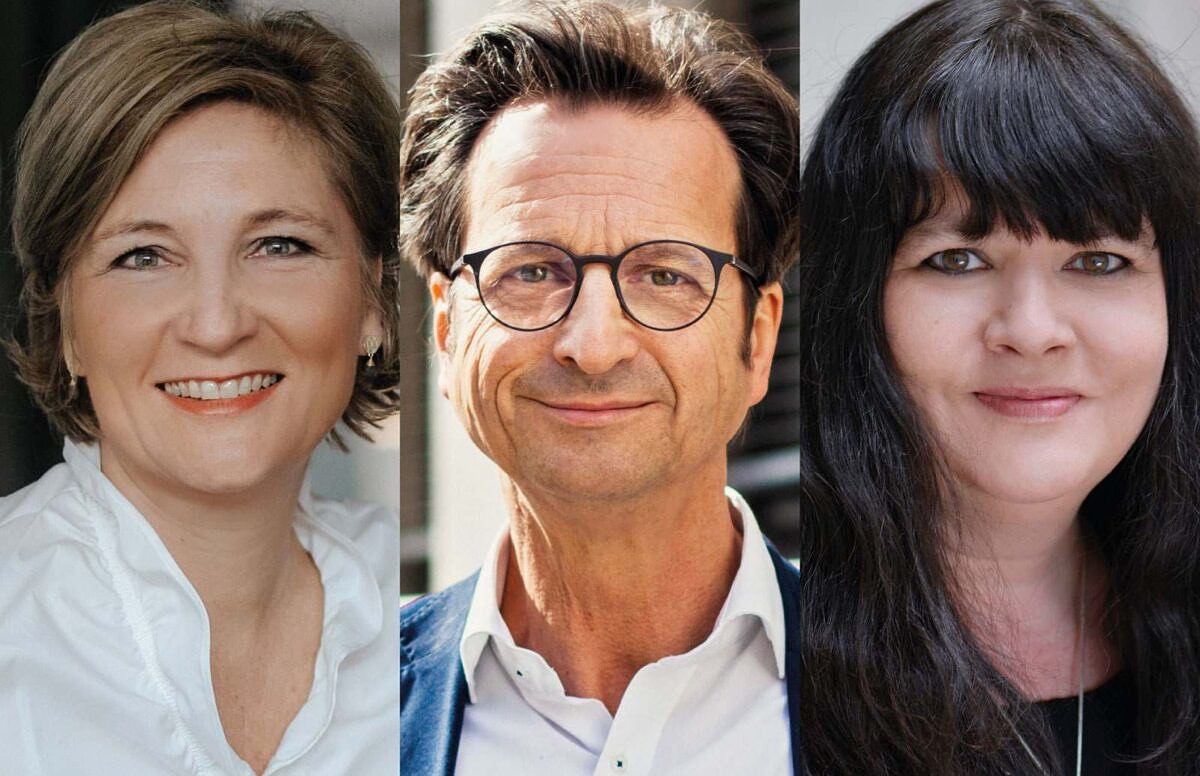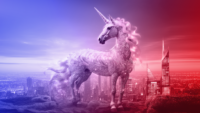The Ukraine war, psychological long Covid, and our resulting state of mind
After two years of the coronavirus pandemic, it’s now the Ukraine war that’s shocking and unsettling people. The rheingold institute in Cologne has published a depth psychology study that sheds light on society’s current mood.

Study results speak for themselves
Only a few days ago, the rheingold market research institute was planning on presenting a study publication on the topic of psychological long Covid. In early February, it surveyed 40 people during group talks and in-depth, one-on-one interviews as part of a depth psychology pilot study. In mid-February, an additional 1,000 people across different ages and genders were quantitatively surveyed. “People miss how they used to be able to go about their lives, enjoy life’s pleasures, and deal with challenges in a carefree and matter-of-course way,” explains the contributing psychologist Stephan Grünewald.
“Only 22.6 percent of people want to return to fulfilling their lives and taking risks as they did in pre-Covid times, while more than two-thirds of the population want to continue with some precautions, and 27 percent even say that they will be more reserved with other people from now on.”
When war broke out in Ukraine, the originally planned study was expanded by an additional survey and examined under the aspect of “melancovid (melancholy + Covid) meets war anxiety”. To this end, another 12 people were asked about their state of mind on a qualitative and depth psychology level.
Particularly young people feel that the numerous crises in recent years (financial crisis, refugee crisis, climate crisis, pandemic) are a never-ending, permanent crisis. And, according to the study, this is being compounded by an even bigger crisis situation: war in Europe. Continuous news and social media updates are only intensifying the feeling of powerlessness that many are experiencing.
How can brands and companies respond in such times of crisis?
The persistent gloom and doom is also impacting the economy. Shopping, leisure pursuits, etc., are being perceived as secondary by many people in light of the crisis. Companies and brands are feeling the effects.
“Even though (Covid) restrictions have ended, only 9.1 percent of citizens are trying to make up for lost time and extravagantly partying or shopping.”
However, good things are also happening during this period. People’s focus is shifting toward cooperativeness, solidarity, and the important things in life. While superficial, unsubstantial claims made by companies and brands are being recognized as purely advertising strategies and penalized accordingly, consumers are taking positive notice of brands that demonstrate genuine support and solidarity in times of crisis.
The bottom line is that many companies generally have it hard at the moment when it comes to encouraging customers to consume freely. Only time will tell what the future holds.
If you don’t want to miss any other exciting topics, then subscribe to our content newsletter now and stay up to date.




